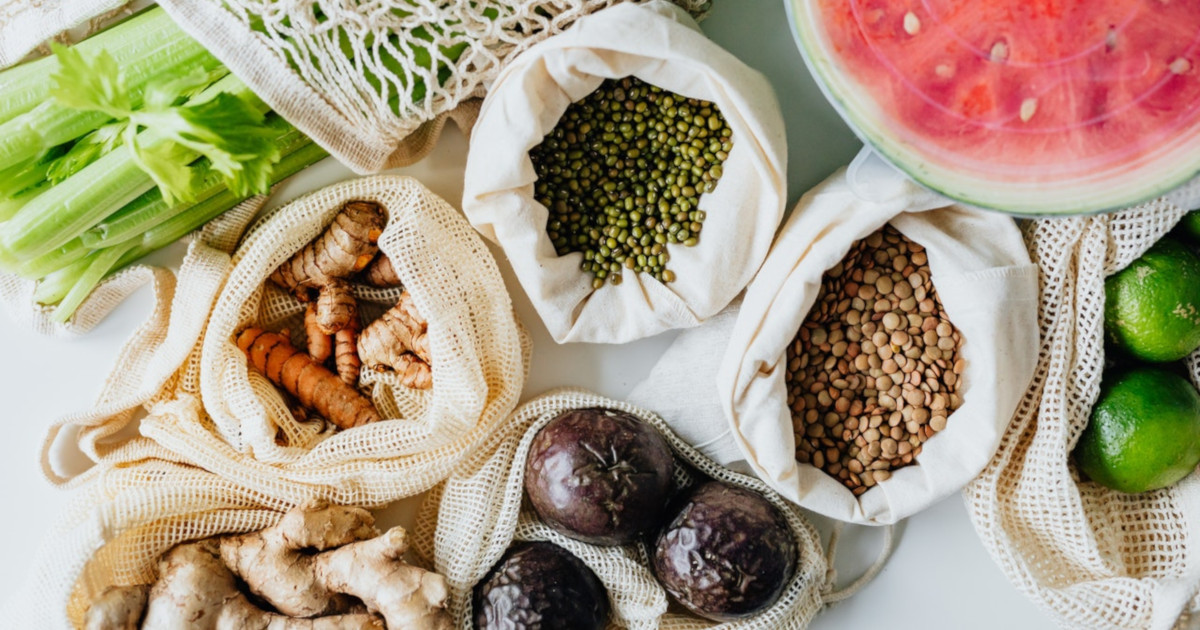
Seeds of Resistance
July 9, 2020 | Source: The Local Palate | by Stephanie Ganz
Ira Wallace is a woman of ideas. For the past seventy years they’ve carried her, from Florida to Canada to Virginia, on a breeze of inspiration—cooperative businesses that sustain the intentional communities where she lives, articles and books that share her vast knowledge of gardening and seed saving. They come to her like visions, and she follows them until she lands on her next project, whether it’s a food festival on the grounds of Thomas Jefferson’s Monticello or a research grant to investigate crops associated with the African diaspora.
I first met her at an heirloom tomato tasting, a miniature version of the ones she hosts each year. She was sitting behind a table upon which bowls of freshly cut tomatoes are spread from end to end, a kaleidoscope of bright oranges, ruby reds, and faint yellows in little glass dishes, with Dixie cups of toothpicks dotting the tablecloth. Her smile stealing quickly over her lips like a secret joke had been told, she radiated warmth as she guided the small audience through her favorite samples.
Author of The Timber Press Guide to Vegetable Gardening in the Southeast (Workman, 2013), Wallace is revered in the seed-saving community. She sits on numerous boards and speaks on gardening and seed saving wherever devotees gather. Also the co-founder of Acorn—a cooperative agrarian community in Mineral, Virginia, where she lives—Wallace’s life is marked by occasions when she created something from nothing.
These tastings, I later learn, are hallmarks of the work done by the Southern Exposure Seed Exchange, the business operated by Acorn’s residents, Wallace the most recognized among them. They’re a kind of gateway activity Southern Exposure uses for spreading the message of seed saving—the practice of preserving seeds for practical use and posterity. It’s important work, a kind of agricultural genealogy that connects farmers and gardeners over many generations.
